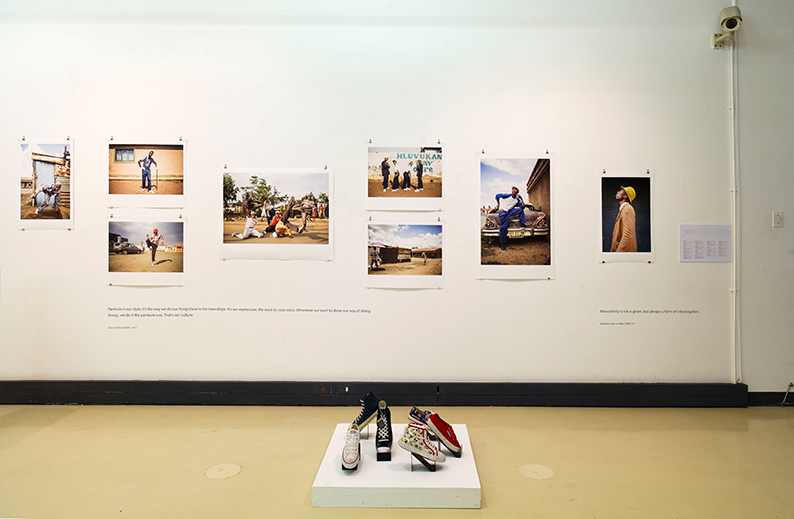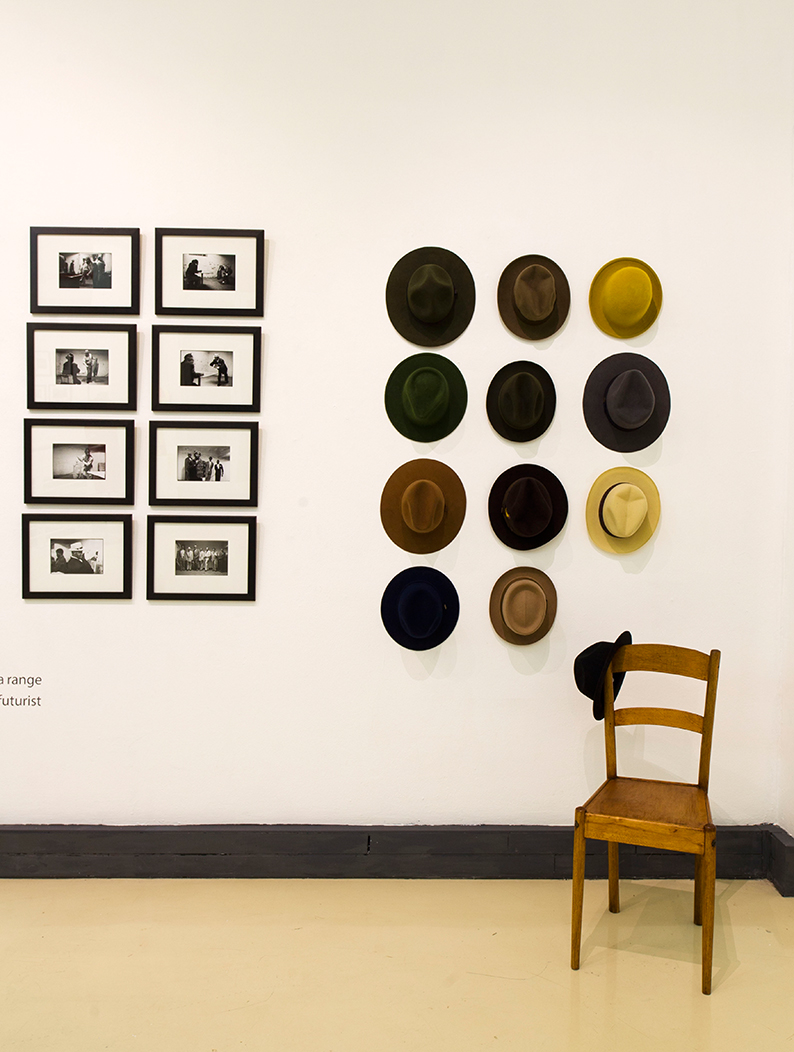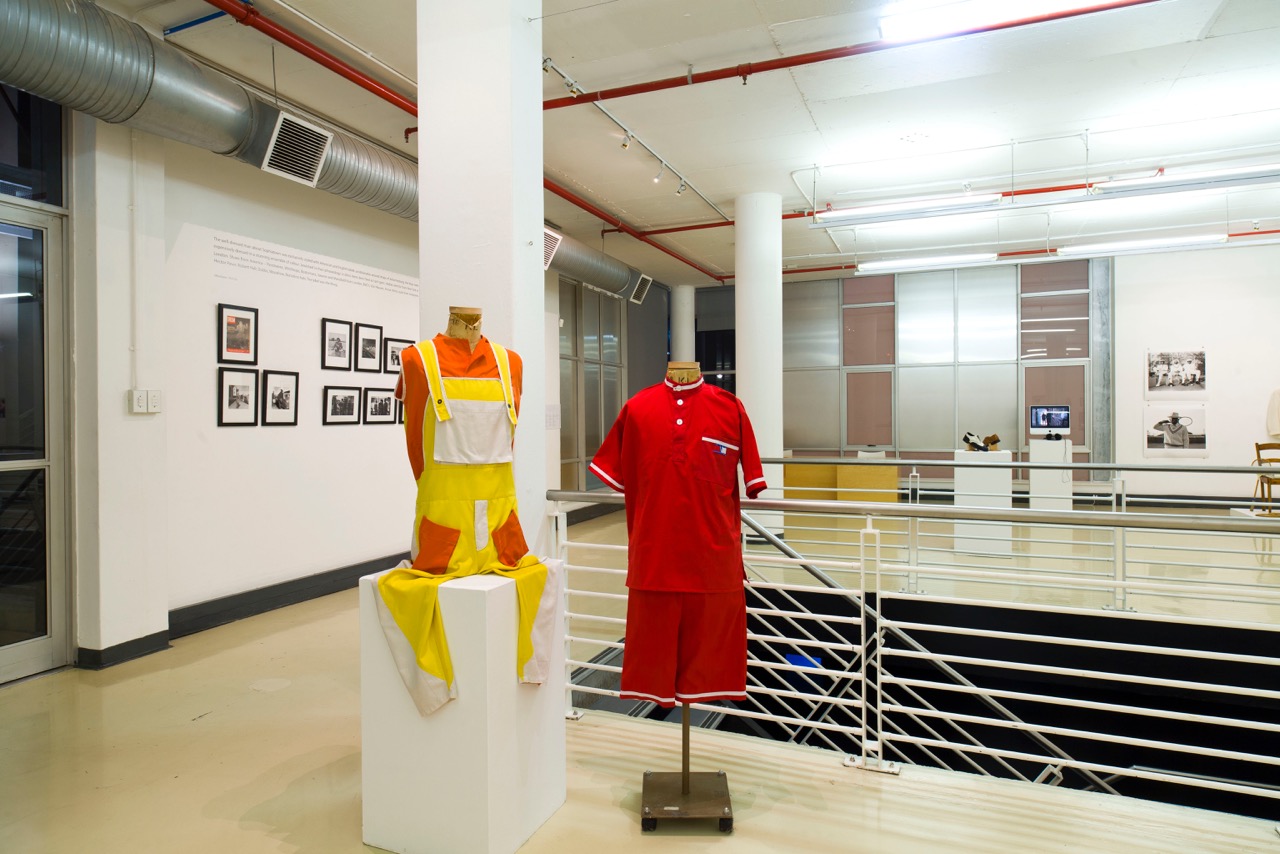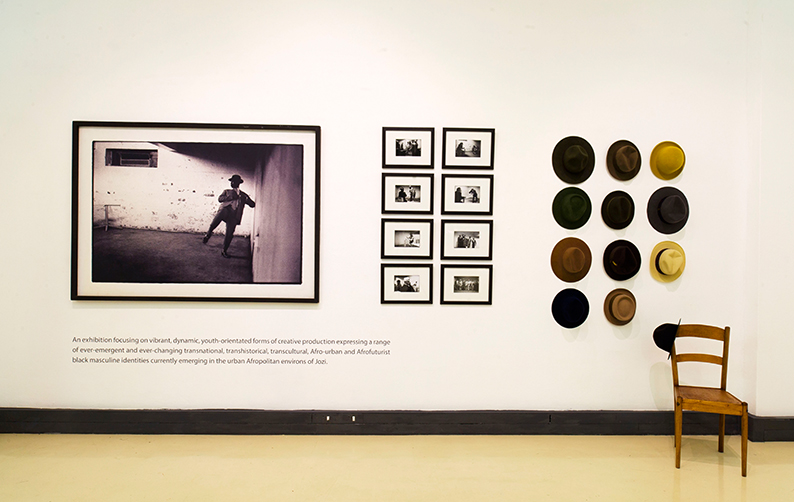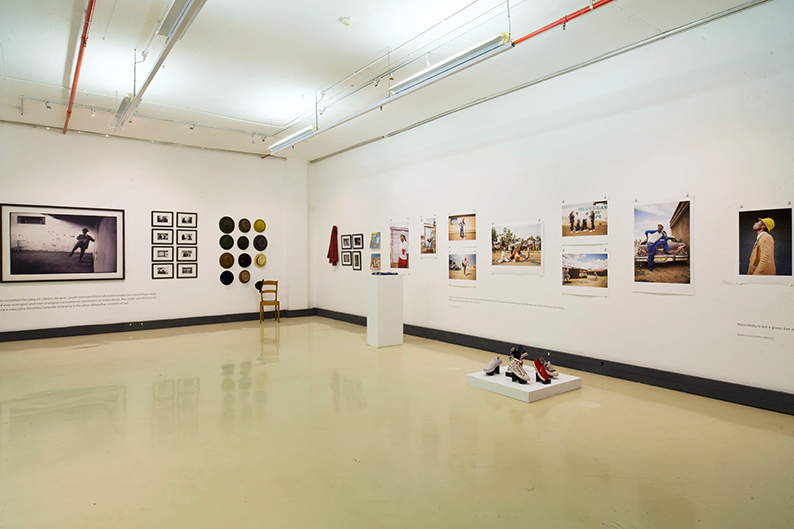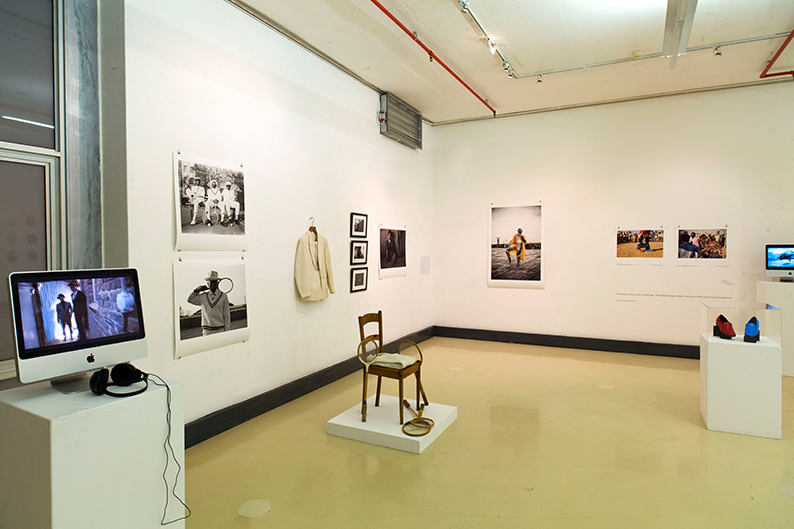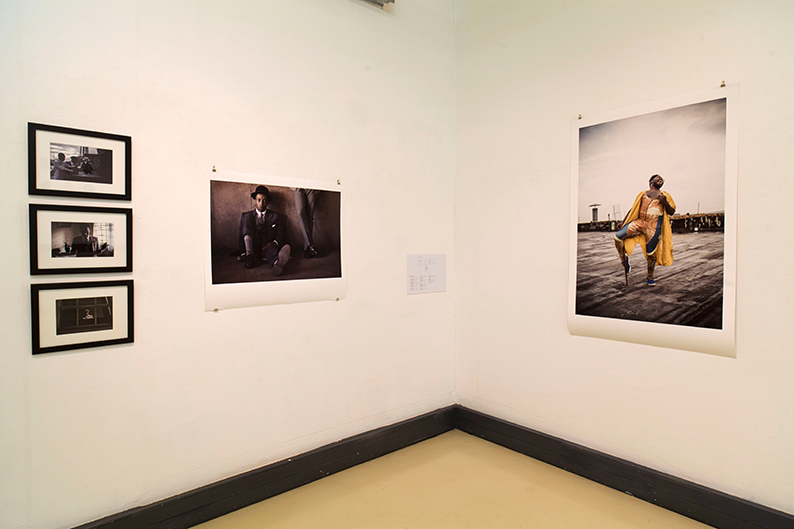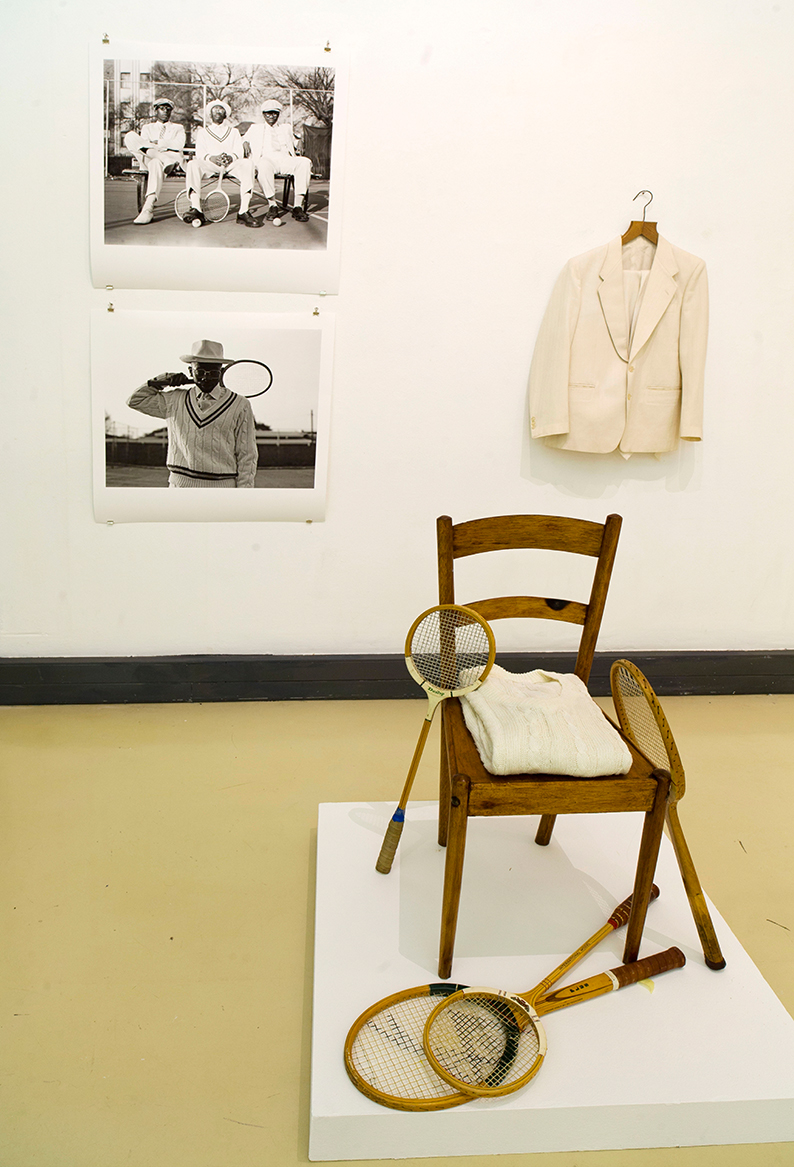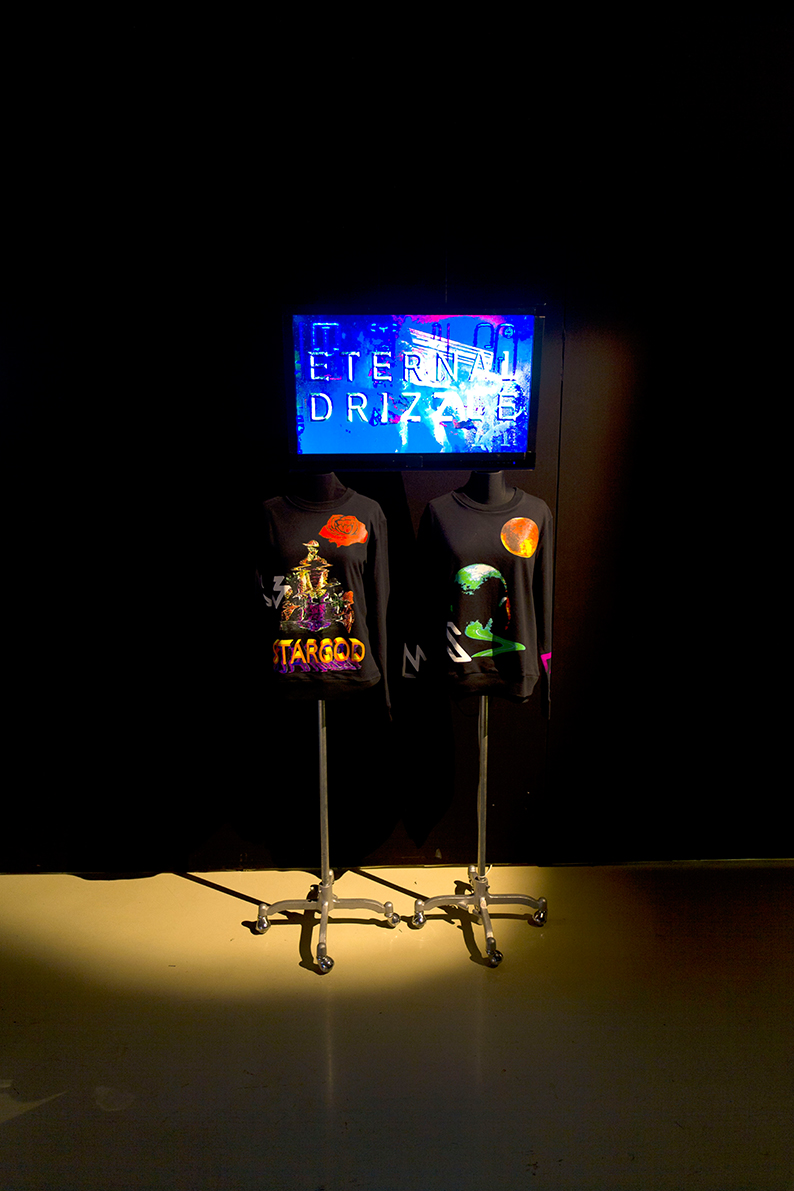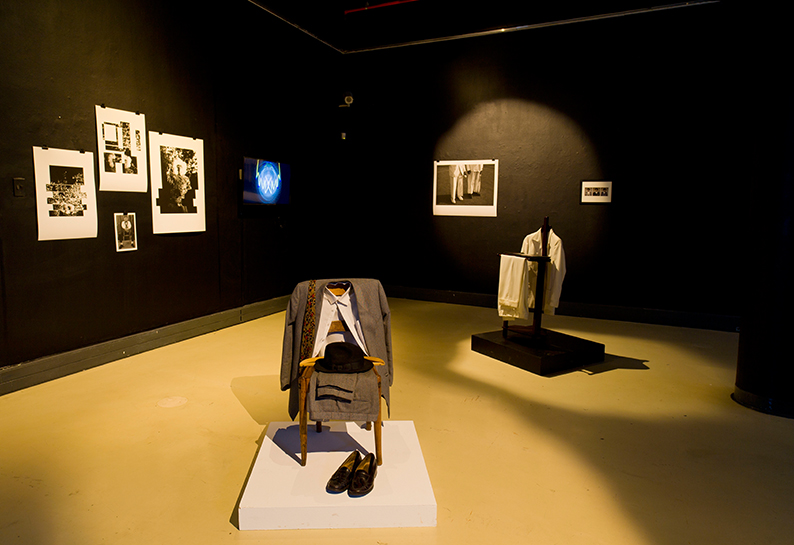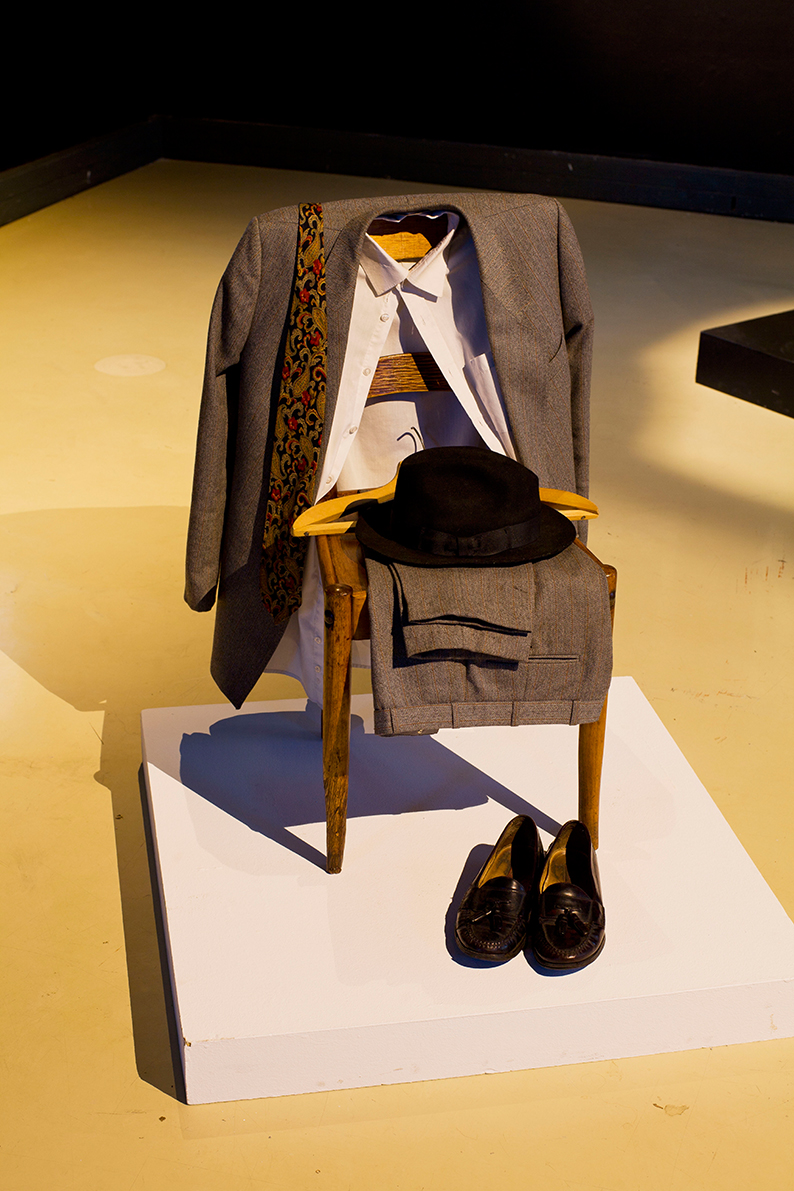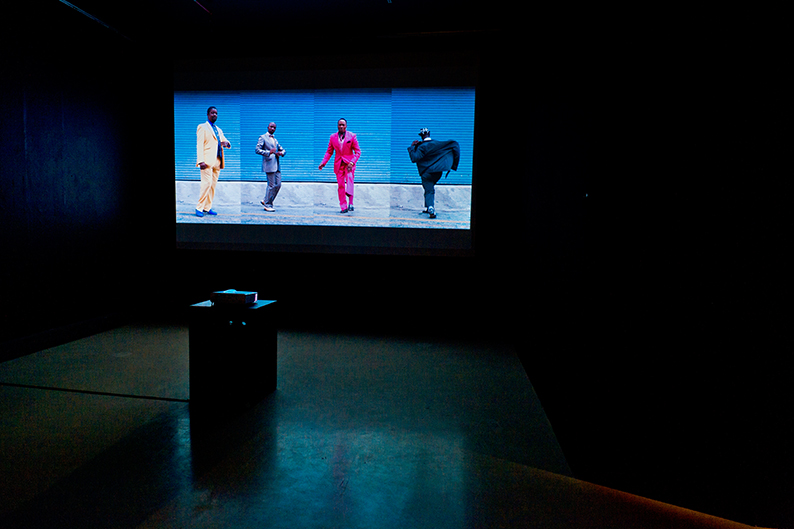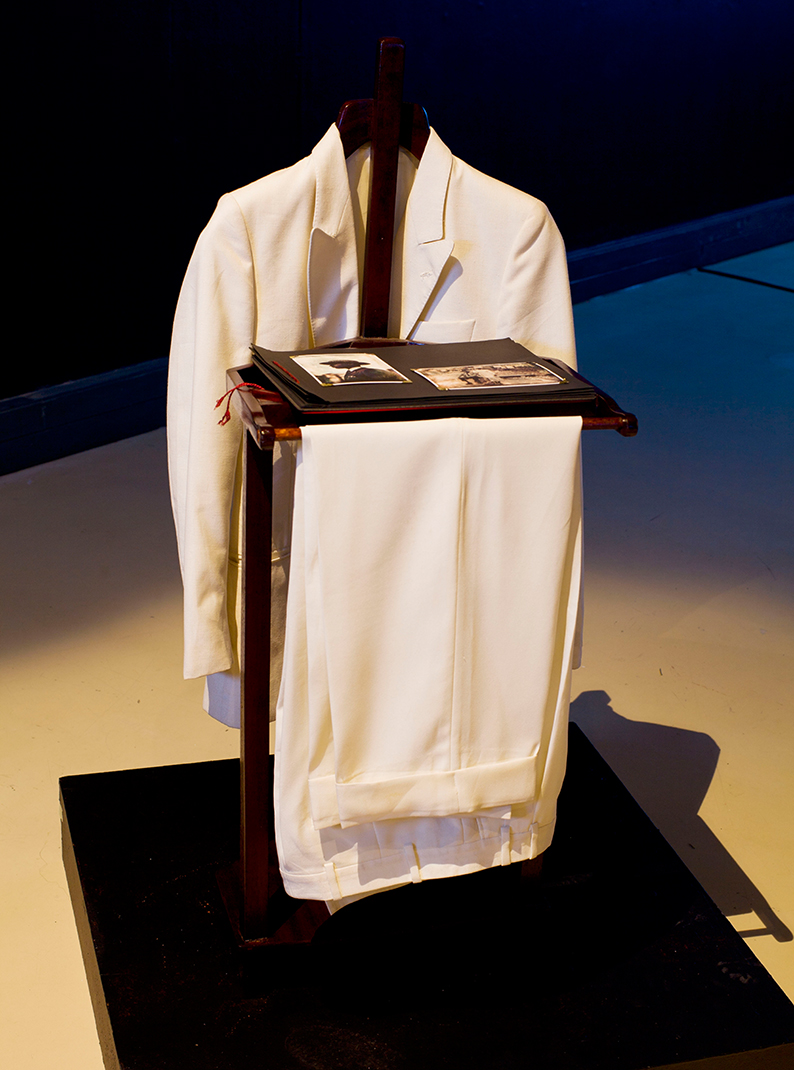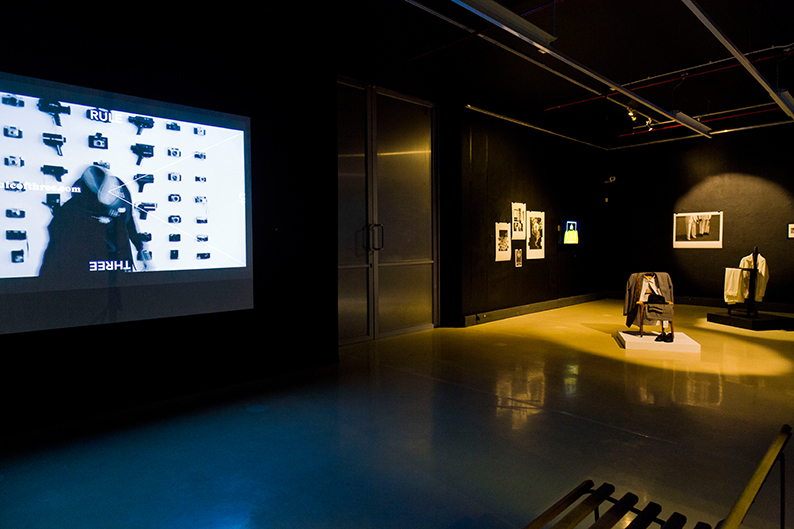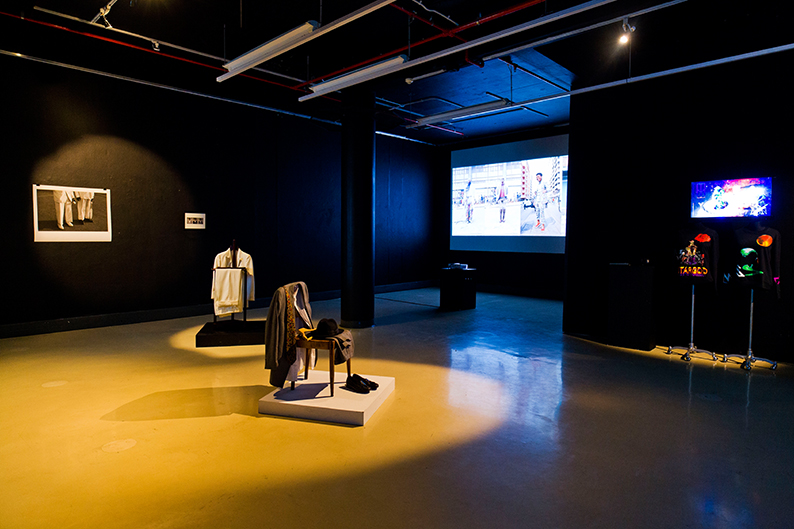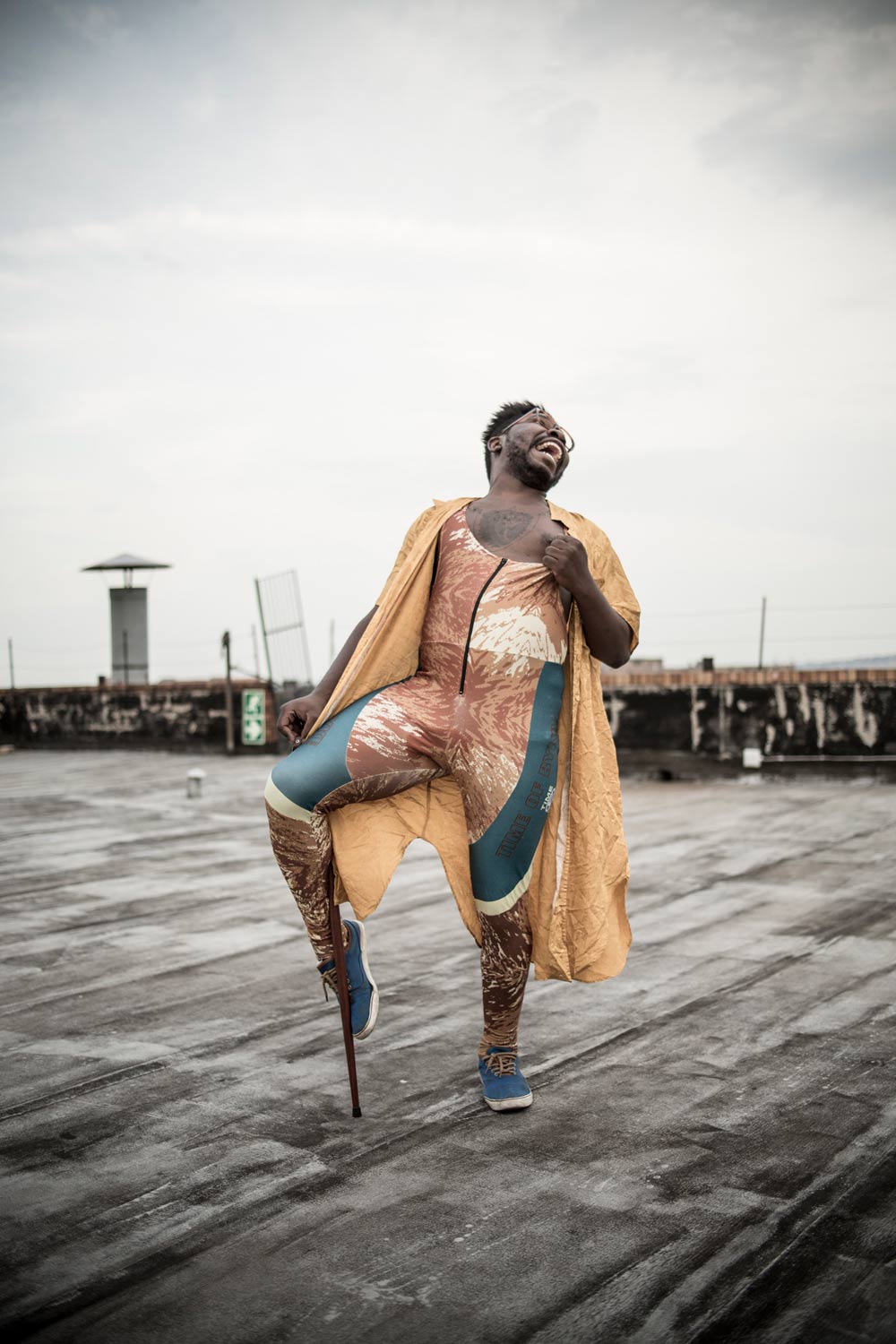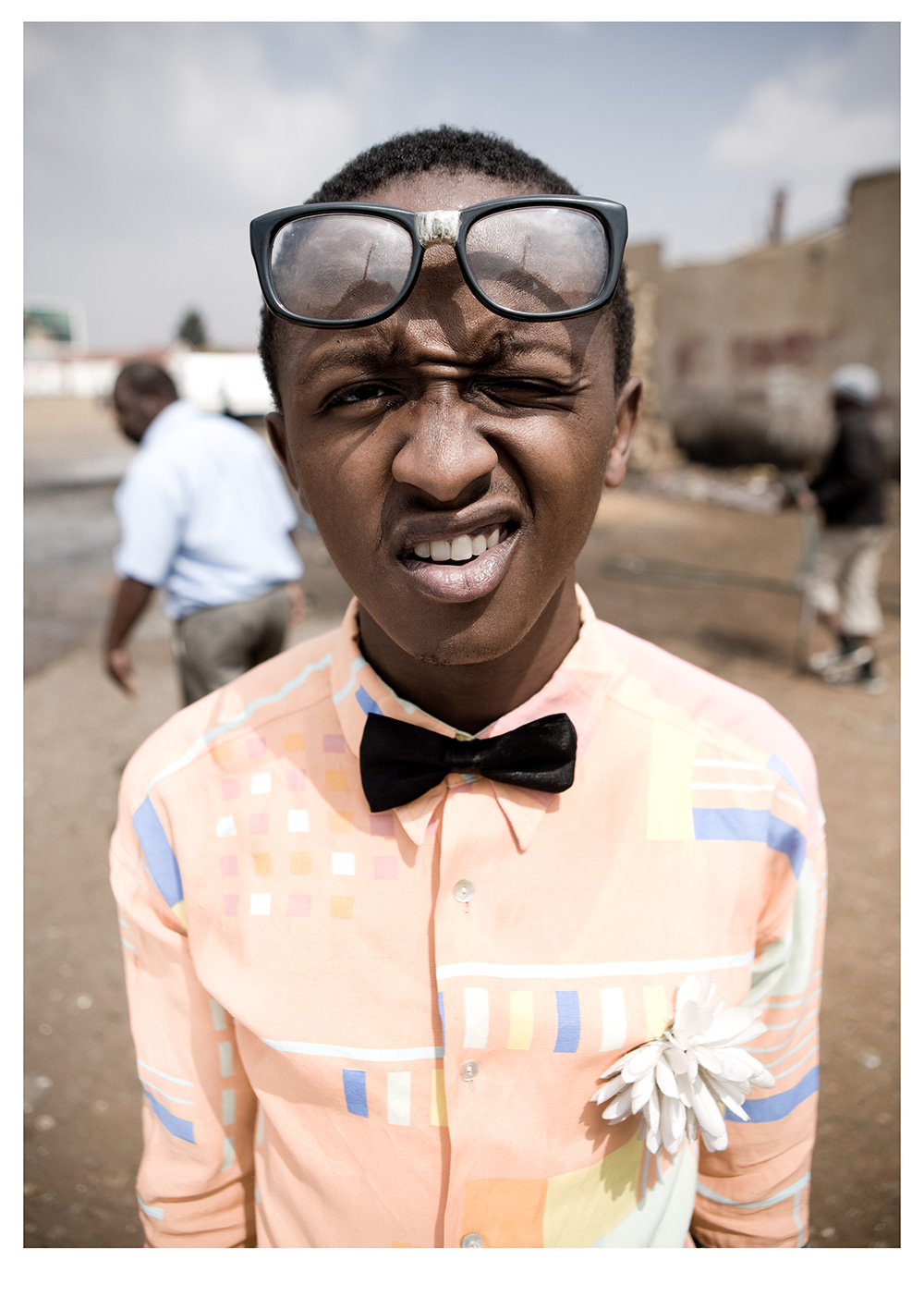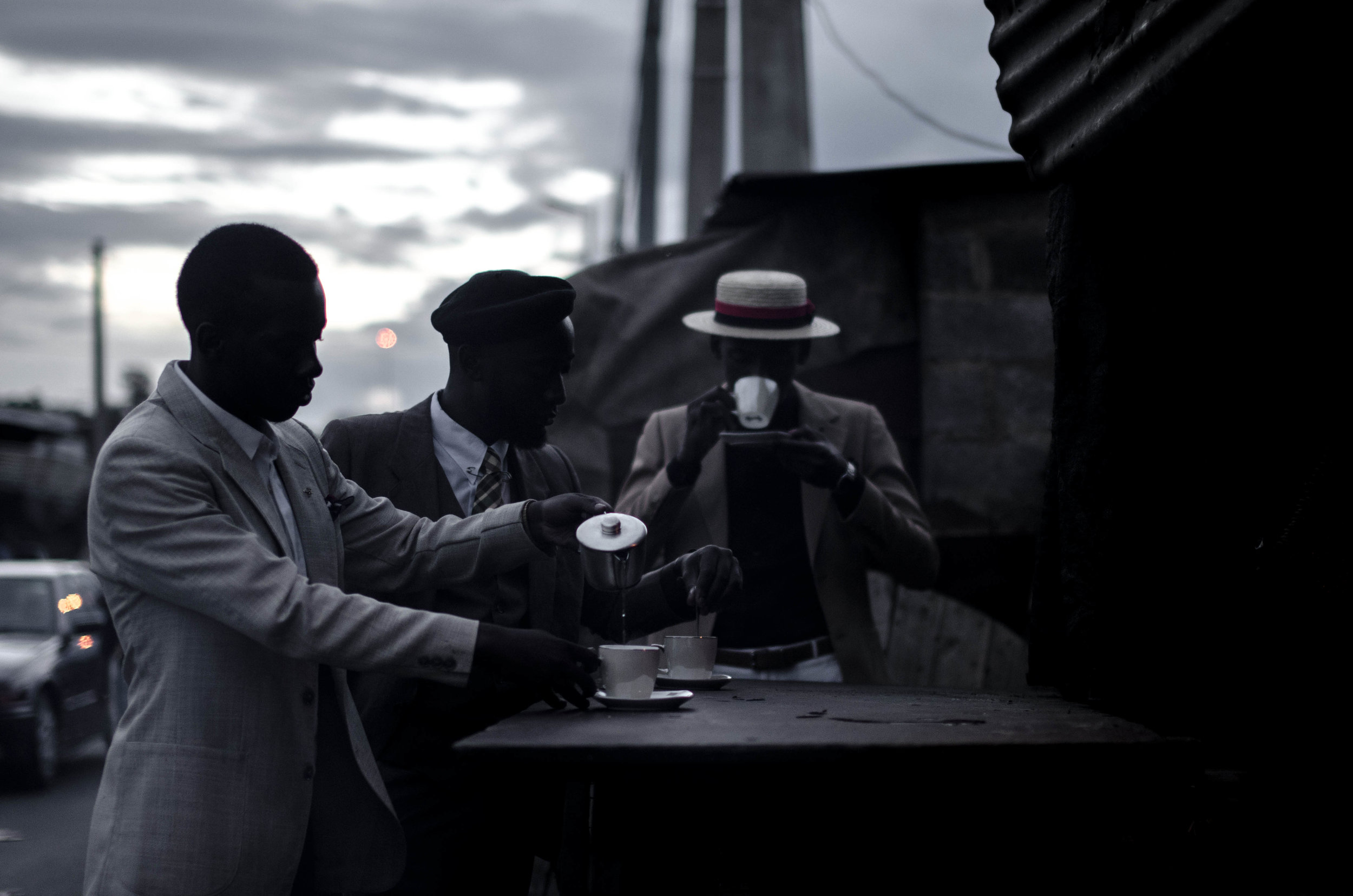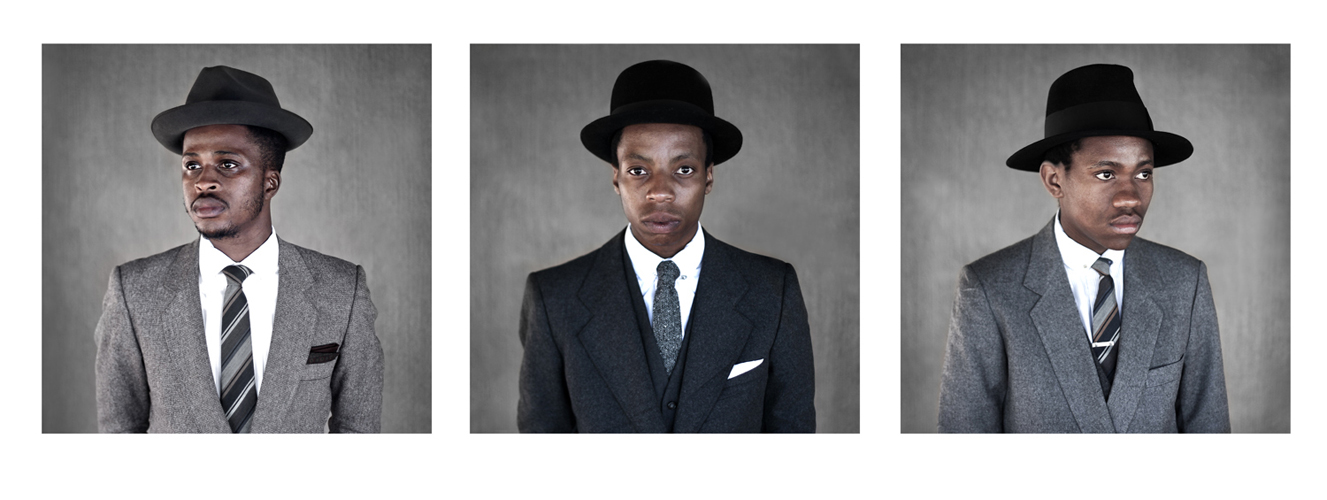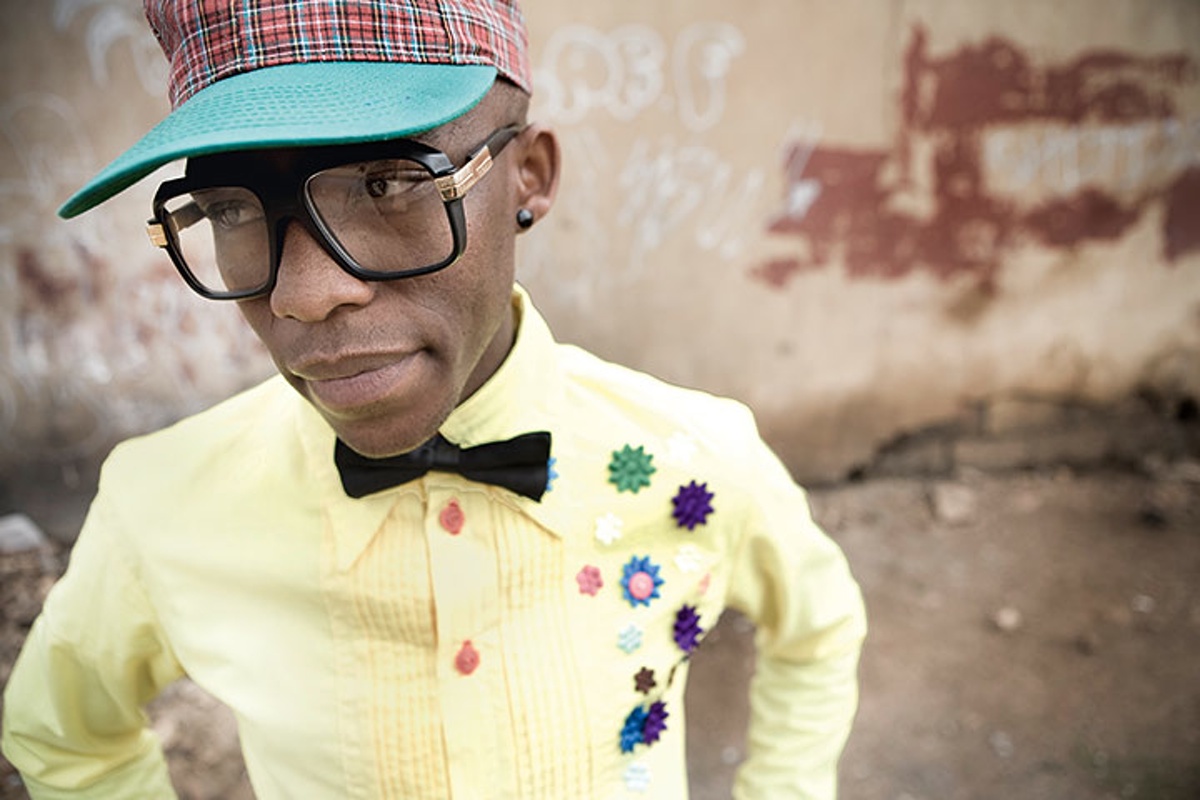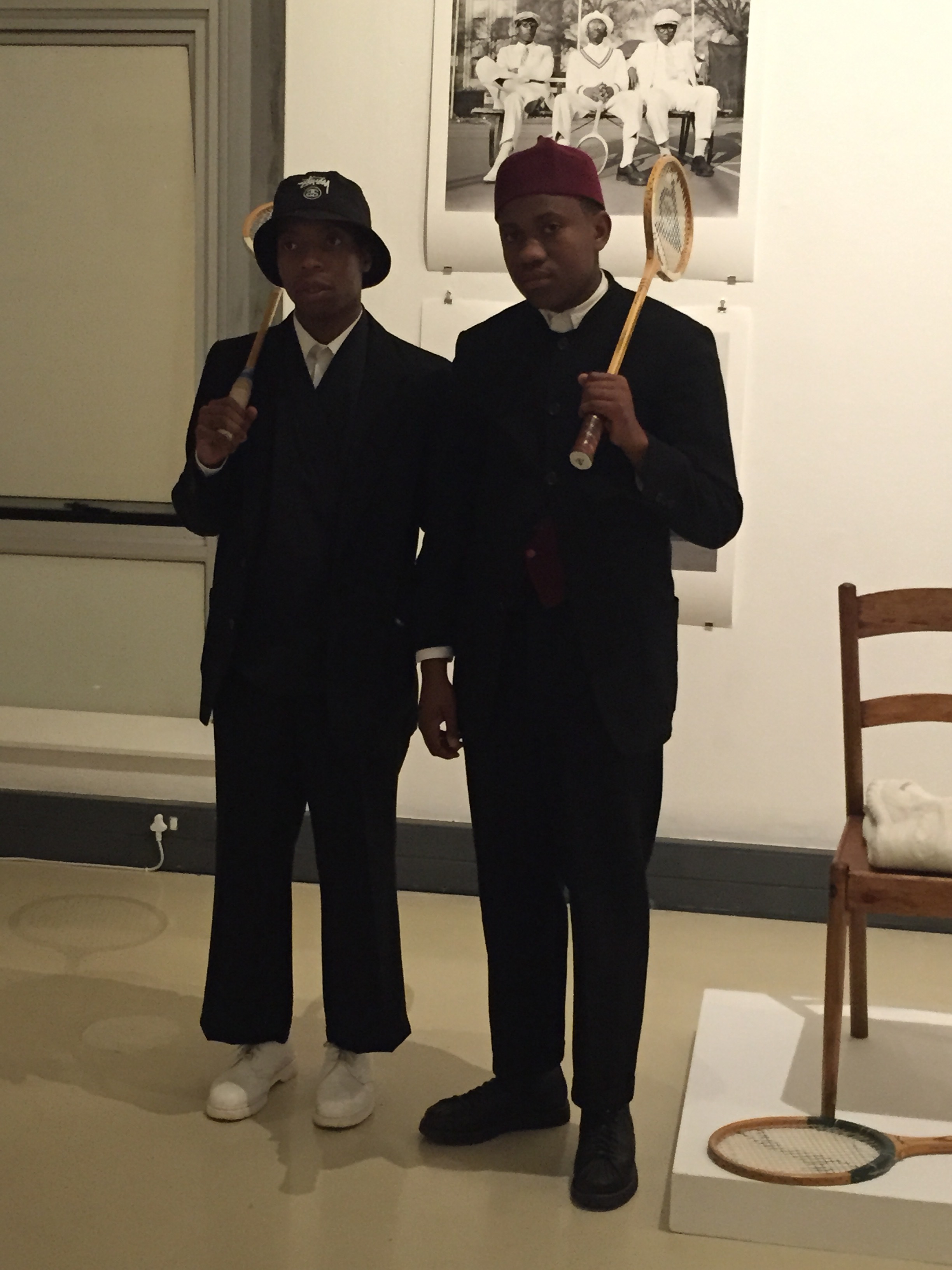HYPERSAMPLING IDENTITIES, JOZI STYLE
CURATED BY VIAD IN ASSOCIATION WITH DANIELLA GOELLER AND NICOLA COOPER
21 September - 6 October, 2015 | FADA Gallery, University of Johannesburg
HYPERSAMPLING IDENTITIES, JOZI STYLE
Curated by the Visual Identities in Art & Design Research Centre in association with Daniella Goeller and Nicola Cooper
The Visual Identities in Art and Design Research Centre (VIAD), in association with fashion trend analyst, Nicola Cooper and VIAD post-doctoral fellow, Daniela Goeller, presents Hypersampling Identities, Jozi Style – an exhibition of work by young, male fashion designers and design collectives producing mens’ wear, as well as the work of stylists, photographers, sartorial groups, and trend setters within their milieu. These vibrant, youth-orientated forms of production, currently taking place in the urban Afropolitan environs of Jozi, express a range of ever-changing transnational, transhistorical, transcultural, Afro-urban and Afrofuturist black masculine identities.
The exhibition features performances of fashion(able) and fashion(ed) Jozi identities by contemporary sartorial groups such as the Sbhujwas and Isikothane; young, street-savvy design collectives including the Sartists, Smarteez, Dear Ribane III and Khumbula; and cultural practitioners such as Dr Pachanga and Jamal Nxedlana.
Many of these practitioners reference fashions and styles of more established South African subcultural groups,specifically the Pantsulas and Swenkas. Both of these sub-cultural groups were and are influenced by elements of traditional and contemporary popular culture, and combine these with references from the urban environment in which they are located. As established sub-cultures originating in the 1970s, Pantsula and Swenking have contemporary relevance, not only because they are currently active, but also because both have created particular images of male black identities in apartheid and post-apartheid South Africa, two prominent ones being the ‘streetwise gangster-with-a-heart’ (the Pantsulas) and the ‘perfect gentleman’ (the Swenkas) (Goeller 2014a:[sp]).
These images of black masculine identities directly inform the work of the Isikothane and Sbhujwa sartorial groups and that of young Jozi based practitioners. In the exhibition, the fashion styles of the Pantsula and Swenkas – and the sources they draw upon – are therefore positioned as historical references in the work of these practitioners. Following the multidimensional, interdisciplinary nature of the practitioners’ diverse practices, work on Hypersampling Identities, Jozi Style is represented through a range of genres and media.
